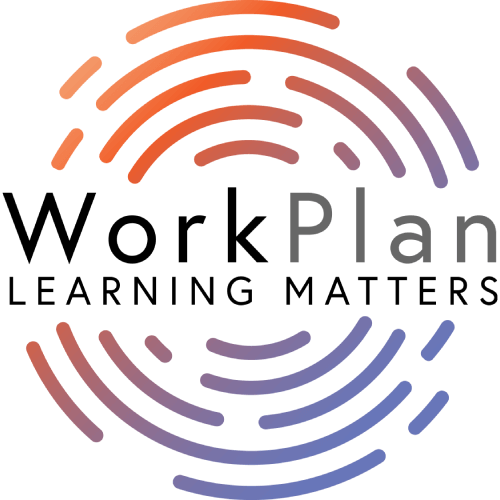Your LMS should be a strategic enabler and not merely a compliance checklist.
Learning management systems (LMS) have reached the point of ubiquity in organisations of all types. When a decision is made to implement an LMS, most organisations have considered some key outcomes they hope to achieve with the investment. Compliance is the most common. Beyond compliance, the modern LMS can perform as a strategic enabler in the context of achieving competitive advantages for the organisation. The LMS is often overlooked as a tool that can facilitate strategy execution and assist teams and individuals to develop skills and knowledge aligned with business goals.
Using the LMS as a tool to communicate company information is an ideal way to leverage an LMS strategically. Consider using the LMS to educate your people on the company strategy, how it was developed and why. The LMS is ideally suited to measuring feedback as well as checking people’s understanding of the strategy and the direction the organisation is taking. The LMS is perfect for preparing the business for new product and service launches. These LMS use cases should not replace face to face and intranet communications but supplement them with a different qualitative approach to educative communication.
Personalised individual and team learning paths should align with strategic goals and team objectives as well as with individual user needs based on factors like roles and career goals. When learning is aligned with strategy, it offers your people line of sight to how their work contributes to strategy execution as well as providing meaning to their ongoing learning and development.
Enhanced engagement and collaboration are fostered by collaborative learning. An LMS should not be the exclusive domain of the learning and development team. The LMS can play a critical role in capturing knowledge and skills that are possessed by individuals and not shared widely in the organisation. People like to learn from peers and the LMS should support people creating and distributing learning content in the organisation.
The LMS is ideally available to people regardless of time or location. Collaborative learning is supported when people can access content at times when they are in the headspace to create, share and experience learning on their terms. The LMS is scalable by design so is easily adaptable to expanding learning catalogues and user numbers. The LMS can also be used to deliver online learning and knowledge outside the organisation to customers, suppliers and other stakeholders.
Innovation is supported when the learning management system is a widely used collaborative tool. People have ideas and knowledge that lays dormant unless there is a channel provided to share among colleagues and peers. The LMS can foster organic as well as directed innovation by providing a platform to create and share concepts, prototypes, knowledge, and experience.
Continuous improvement can run in parallel with learning and collaboration. The more ideas and knowledge you have being shared in an organisation, the more likely there will be the application of new ideas and knowledge in day-to-day work and processes. The LMS should be easy to update with new content covering methods, processes, initiatives etc. to keep a dynamic culture of improvement sustained with continuous learning.
Last but not least, is compliance. It is essential in many industries that a workforce or segment of a workforce meets regulatory and industry standards. This is where the LMS delivers, tracks and maintains currency of compliance credentials while eliminating tedious spreadsheets and human error. Compliance must be on every CEOs dashboard and the modern LMS has achieved mission criticality in its ability to meet this need.
The learning management system (LMS) is now a part of virtually every organisation’s tech stack. Despite this software being common, it is very often not utilised for its potential to contribute meaningfully to fostering an innovative performance culture equipped to execute strategy well. It is this gap in LMS utilisation that we focus on at WorkPlan, regardless of the LMS used by our clients.
